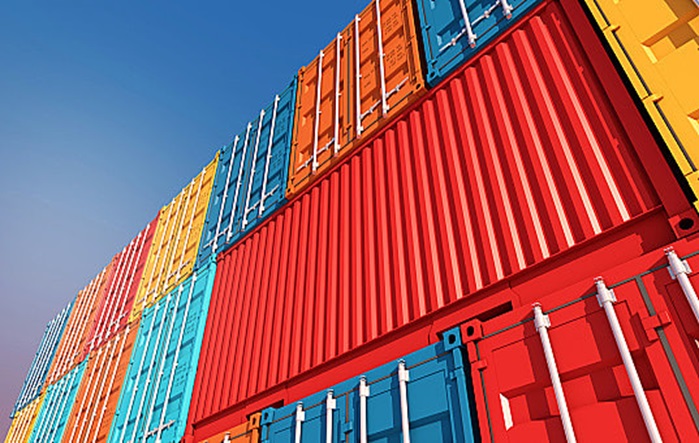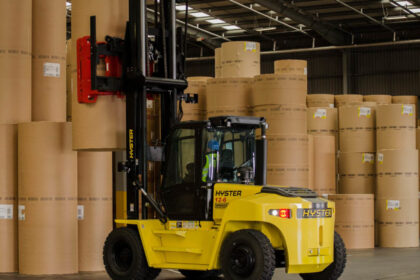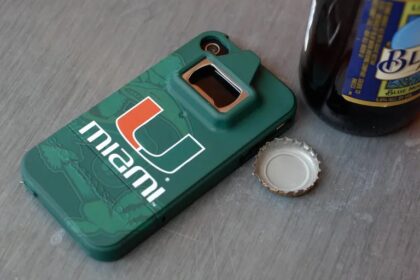Do you need reliable and efficient packaging solutions for your business? If so, consider using intermediate bulk containers (IBCs). IBCs are an incredibly powerful form of logistics and transport packaging that allow companies to ship their products without worrying about safety or contamination issues. Not only are they durable and robust, but they also offer enhanced product containment capabilities, making them ideal options for a variety of different industries. Additionally, their cost-effectiveness makes them the perfect choice for any business looking to cut down on costs while maintaining quality standards. In this blog post, we’ll look at the various features and benefits offered by these versatile containers – why not join us as we explore all there is to know about intermediate bulk containers!
What materials are used to make IBCs and why they are suitable for this purpose
Intermediate bulk containers, known as IBCs, are robust and very durable storage containers that are designed to be used for transporting and storing liquids. In order to make these containers both lightweight and resilient, they’re usually made using either a combination of plastic pellets and stainless-steel framing or high-density polyethylene, which is an incredibly durable material. Not only do these materials provide durability and strength, but they also protect against potential contamination that can occur due to common wear and tear during transport. Furthermore, these materials are extremely easy to clean while still offering effective protection against liquids that could cause damage or rupture the container’s outer shell. As such, IBCs are ideal for containing a variety of fluids in vast amounts over long distances – making them a great choice for warehouses or distribution centres.
The environmental impact of using IBCs for storing and transporting liquids
IBCs, or intermediate bulk containers, are becoming increasingly popular for storing and transporting liquids due to their cost-effectiveness and convenience. But the environmental impact of using IBCs needs to be considered. Since these containers are made from either a form of plastic or metal, there can be potential problems with emissions from production and material disposal. When reusing the containers, care must be taken not to contaminate the product by leaking remaining residue from previous substances. Additionally, when disposing of such materials, it’s important to consider what effect contamination will have on landfills and natural resources such as water since these materials may not be biodegradable over all time periods. By consciously taking steps towards lessening our environmental impact when using IBCs, we can ensure that we are doing our part in creating a greener tomorrow.
In conclusion, using IBCs for storing and transporting liquids is a cost-effective and efficient solution for many businesses. The materials used to make them are durable, suitable for the task and have fewer associated risks. But handling and storage of these containers should be treated with respect – carelessness can cause dangerous situations that could potentially cause harm to people or property. Additionally, since these containers are reusable, they reduce the environmental impact of packaging waste associated with traditional liquid transportation methods. All-in-all, IBCs provide a safe and reliable means of transferring fluids whenever needed.





